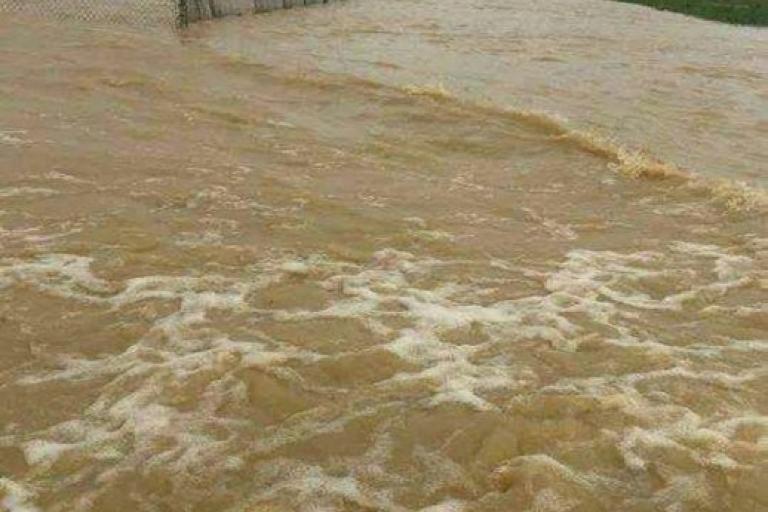New Funding to strengthen Multi-Hazard Early Warning Systems in the Caribbean
The Climate Risk and Early Warning Systems (CREWS) initiative has approved US$ 7 million in funding for a new three-year project in the Caribbean region.

The Climate Risk and Early Warning Systems (CREWS) initiative has approved US$ 7 million in funding for a new three-year project in the Caribbean region. The CREWS Caribbean 2.0 project will build on a recently completed project to continue strengthening Early Warning Systems in the region. The project will be led by WMO and United Nations Office for Disaster Risk Reduction (UNDRR). The regional implementation partners will include the Caribbean Meteorological Organization (CMO), the Caribbean Disaster Emergency Management Agency (CDEMA), and the Caribbean Institute for Meteorology and Hydrology (CIMH). Other major partners include the International Federation of the Red Cross and Red Crescent Societies (IFRC), the International Telecommunications Union (ITU) and the Caribbean Chamber of Commerce (CARICHAM).
The collaborative and inclusive project development process for CREWS Caribbean 2.0 was completed at the CREWS Caribbean Partners Meeting, hosted by CMO and CDEMA in Trinidad and Tobago in November 2023. The meeting secured final endorsement of the proposed activities from the Regional Early Warning Consortium (REWSC) as well as the President of the WMO Regional Association IV (RA IV, (North America, Central America and the Caribbean) and CREWS Steering Committee Members and partners. REWSC will function as the CREWS Caribbean 2.0 Project Steering Committee.
Strong leadership from National Meteorological and Hydrological Services (NMHSs) aligned with National and Regional Disaster Risk Management Organizations (NDRMOs) is essential to co-design services and delivery approaches for effective Multi-Hazard Early Warning Systems (MHEWS). Improved disaster risk knowledge, better monitoring and forecasting and stronger warning and dissemination capabilities – with a particular focus on reaching and involving individuals down to the last mile and the most vulnerable groups – will enhance the response capabilities of individuals, communities, business institutions and organizations.
CREWS Caribbean 2.0 will enhance the operational capacities of NDRMOs and NMHSs through regional cooperation and improved governance mechanisms that are conducive for users to participate and be engaged in the design and delivery of early warnings. The project will focus on strengthening MHEWS governance, improving disaster risk knowledge at the regional, national and community levels, and strengthening NMHSs service provision with a special focus on marine, severe weather and hydrological capacities. It will also strengthen warning dissemination and reinforce early action at the community level. As is the case for all CREWS projects, the project will apply inclusive and gender responsive approaches to ensure that the most vulnerable are engaged meaningfully in the development of MHEWS.
CREWS Caribbean 2.0 contributes to the goals of the Early Warnings for All initiative and other international frameworks, such as the United Nations Sustainable Development Goals (SDGs), the Sendai Framework for Disaster Risk Reduction 2015–2030 and the Paris Agreement of the United Nations Framework Convention on Climate Change. The project will further build on the outcomes and achievements of CREWS Caribbean 1.0.


